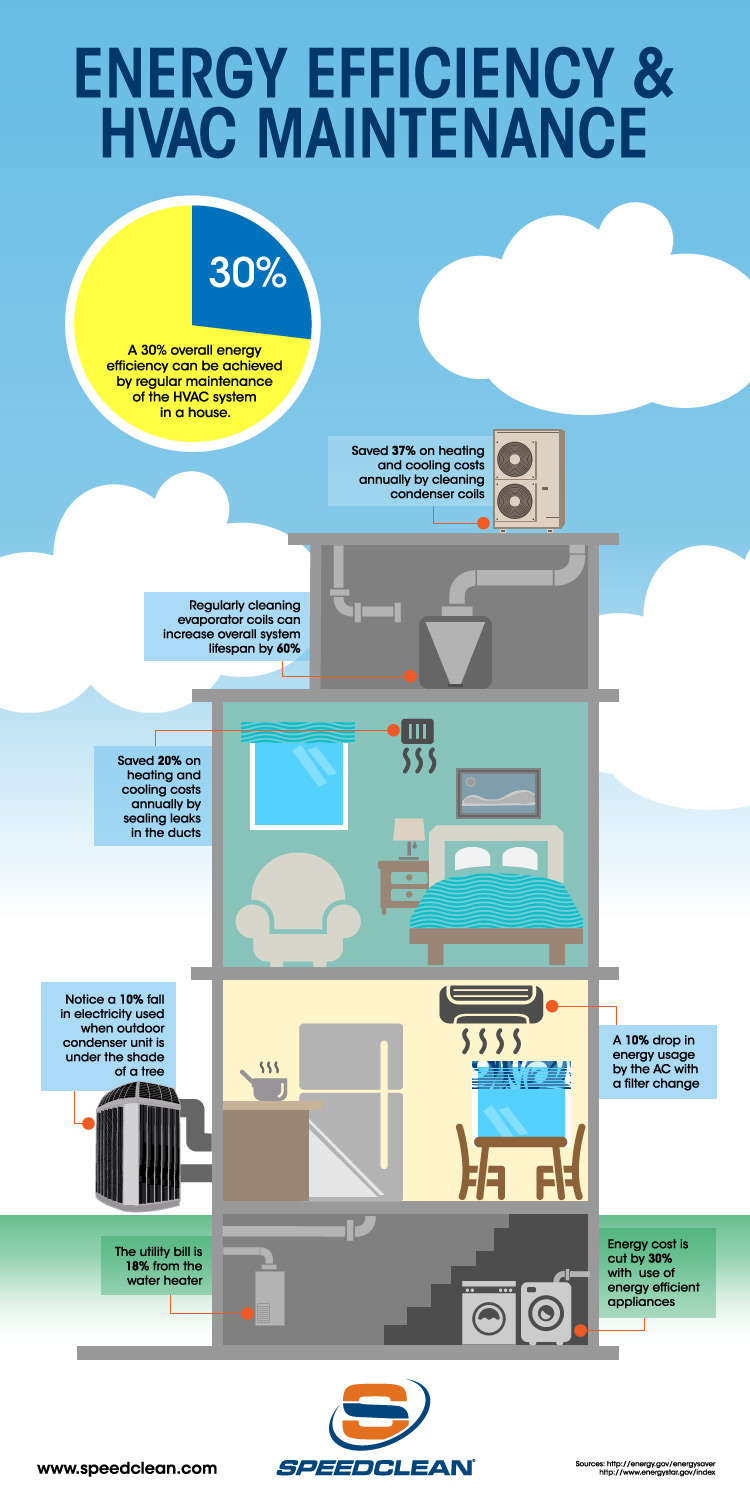Taking A Look At Weather Condition'S Role In Heatpump Performance And Suggestions For Optimization
Taking A Look At Weather Condition'S Role In Heatpump Performance And Suggestions For Optimization
Blog Article
Created By-Hewitt Munkholm
When it comes to your heatpump, weather condition plays a critical role in its efficiency. From freezing temperatures to sweltering heat, each element can influence just how effectively your system runs. But what can you do to deal with these weather-related challenges and ensure your heat pump is working at its best? Remain tuned to find practical ideas and methods to enhance your heat pump's efficiency, despite the climate condition it deals with.
Weather Condition Factors Impacting Heatpump Performance
Weather condition factors have a substantial impact on the efficiency of heat pumps. One critical variable is temperature level. click for more info by moving heat from outdoors to inside during wintertime and the other way around in summertime. As temperature levels decline, it comes to be harder for the heat pump to remove heat from the outdoors air, minimizing its efficiency.
find out this here is humidity. High moisture levels can make it more difficult for the heatpump to release warm during the cooling procedure.
Furthermore, wind speed plays a role. Strong winds can dissipate the heat absorbed or released by the heatpump, affecting its general performance.
Tips for Optimizing Heat Pump Performance
To enhance the effectiveness and longevity of your heatpump, carrying out a few crucial strategies can make a considerable difference in its performance.
First of all, make certain regular maintenance by cleaning or replacing filters every 1-3 months to avoid airflow clogs and maximize air movement. Furthermore, schedule yearly specialist evaluations to detect and address any prospective problems beforehand.
Ideal thermostat setups also play an important role. During the winter season, aim for a temperature setup that's as reduced as comfortable, and throughout the summer season, set it as high as comfy to minimize the workload on your heatpump. Utilizing a programmable thermostat can aid you automatically change setups based on your timetable.
Furthermore, securing leaks in ductwork and protecting air ducts in unconditioned rooms can prevent power loss and improve general system effectiveness.
Finally, think about mounting a smart thermostat that can discover your behaviors and adjust setups as necessary, further maximizing your heatpump's performance. By adhering to these pointers, you can guarantee your heat pump operates effectively and successfully throughout the year.
Best Practices for Weatherproofing Your Heat Pump
For optimal performance and effectiveness of your heatpump, executing weatherproofing steps is necessary. Beginning by sealing any type of gaps or splits around doors, windows, and ductwork to stop warmth loss and maintain a constant interior temperature.
Shield subjected pipelines and ducts to stop freezing during winter and ensure appropriate airflow. Take into consideration setting up a safety cover over the outdoor system to shield it from harsh weather condition components like snow, ice, and particles.
Frequently clean the outdoor unit to get rid of dust, leaves, and debris that can obstruct air movement and decrease efficiency. Additionally, keep the area around the heat pump clear of snow, ice, and greenery to permit proper ventilation.
Verdict
Since you comprehend just how climate affects your heatpump performance, you can take aggressive steps to enhance its performance. By adhering to the tips described in this article, such as routine upkeep, thermostat changes, and weatherproofing procedures, you can make certain that your heat pump operates at its best despite the climate condition. Keep successful and keep your home comfy throughout the year.
